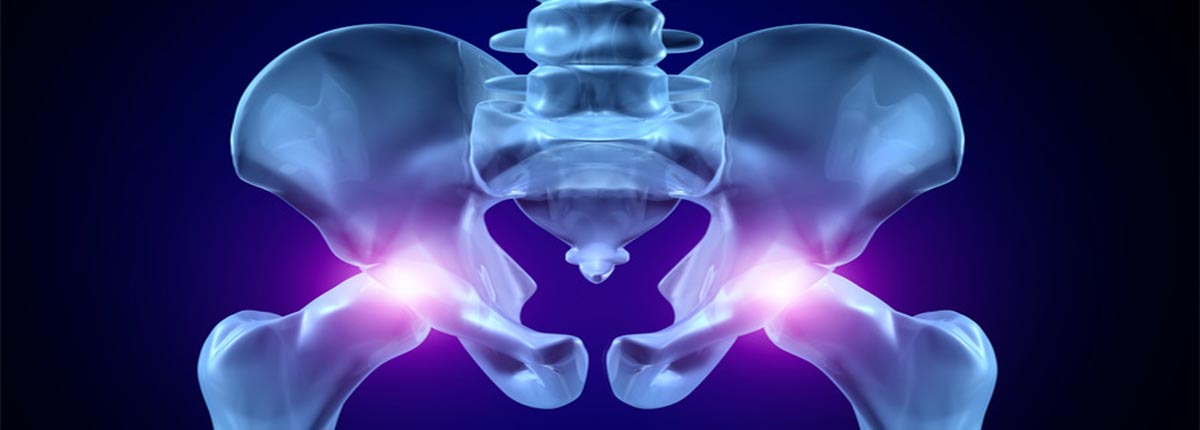
A Johnson & Johnson unit is the latest company to face a lawsuit over selling defective hip implants. Lawyers, working on behalf of hundreds of injured patients, say the suit is in response to the harm caused by the defective products. The lawsuit is just getting underway and the first phase will determine if the parent company, Johnson & Johnson, is liable for the product performance.
Pinnacle Hip Replacement is Responsible for Injuries
DePuy International Ltd. is at the heart of the lawsuits, having sold the Pinnacle hip replacements. The devices have caused injuries to 341 claimants by releasing metal fragments into the blood stream and soft tissue of the body. While DePuy denies liability, the complaints filed in court state that the company promised the equipment had low rates of wear and tear.
The claimants are are part of the largest product liability case to ever see a U.K. civil court. Additionally, more civil suits may soon be launched against other manufacturers of metal on metal hip replacement parts. A DePuy representative says the similar lawsuits have been delayed, as they await the verdict in the DePuy case.
Is The Johnson & Johnson Unit Liable for Defective Hip Implants?
There will be two stages in the product liability suit against DePuy International Ltd. The first component of the civil suit will focus on determining if the company, a unit of the larger Johnson & Johnson corporation, can be held liable for the injuries caused by the faulty performance of their hip replacement products. If the plaintiff can successfully prove a case for liability, the case will move forward.
In the second phase of the U.K. civil suit, additional court sessions will seek to arrive at a judgment for damages. Even an out of court settlement may produce a significant offer from DePuy International Ltd., should they choose to go that route.
In the United States, a similar suit over Pinnacle artificial hips resulted in a $1.4 billion jury award, though a Dallas, Texas district court judge later reduced the award by nearly half. U.S. District Judge Ed Kinkeade said the damages awarded by the jury was excessive, considering there were only six plaintiffs, and determined that the judgment should be reduced.
Constitutional considerations limit the amount a plaintiff may recover in punitive damages, said Kinkeade.
He then reduced the amount by approximately $500 million, providing some relief to the co-defendants, Johnson & Johnson and DePuy. As the parent company, J&J isn’t out of the woods yet. They still face 9,000 more lawsuits in the United States over the mishandling of the defective hip implants.
Meanwhile, DePuy lawyers in the U.K. suit have declared their intention to continue fighting claims of liability. They say the plaintiff’s case for liability is “not clear” and doubt they will make a strong case. The attorneys point out that the claimants in this case don’t have the strength of evidence to prove the equipment was defective, or that the defects caused harm to the recipients.
DePuy Limited Ltd. released a public statement, asserting that the device named in the U.K. lawsuit has a proven track record.
“[It] is backed by a strong record of clinical data showing reduced pain and restored mobility for patients suffering from chronic hip pain,” reads the statement in part.
The statement also announces DePuy’s intention to vigorously pursue their defense against all complaints related to the current lawsuit. While successful lawsuits in the United States seem to indicate problems inherent to metal on metal hip replacement devices, DePuy remains confident in the quality of the products sold to their U.K. customers.
Learn more about Dangerous Medical Devices.


